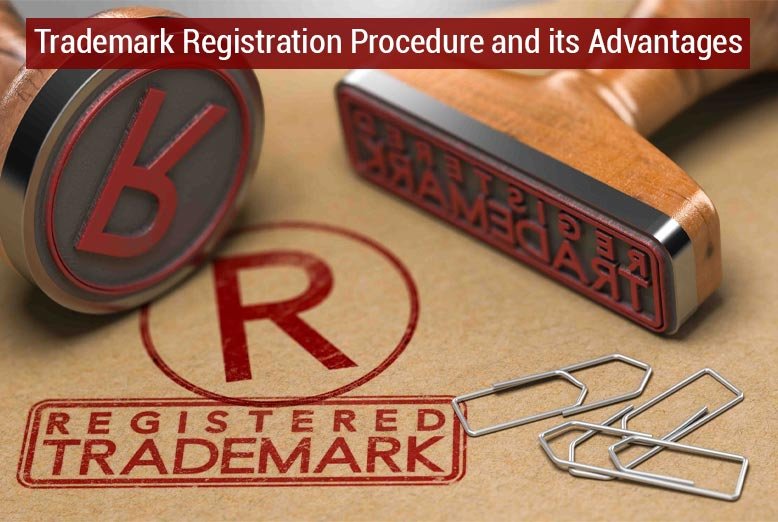The only manufacturer that combines a wearable, app, and algorithm
The U.S. Army Medical Research and Development Command (USAMRDC) has selected Empatica to deploy a wearable and algorithm tailored for early and pre-symptomatic detection of COVID-19. The project intended to protect the health of the public by preventing outbreaks via early detection and altering.
Empatica’s Aura algorithm notifies about daily COVID-19 risk-indication, using physiological data collected by Empatica’s medical smartwatch, EmbracePlus. Empatica became the only manufacturer of a medical device system that combines a wearable, app, and algorithm to provide a daily COVID-19 risk assessment to users.
How does Aura work?
The wearable AI system is designed to detect early respiratory infections. The Aura algorithm is integrated within the Empatica Care platform where it alerts and displays a calculated output both to the wearer and their observer when a high risk of infection is detected.
The tested hardware consists of EmbracePlus, a medical device in a smartwatch form-factor, with clinical-grade sensors that measure heart rate, heart rate variability, respiratory rate, temperature, and electrodermal activity. The device unnoticeably monitors an individual’s vitals, and sends in-app alerts for patterns suggestive of COVID-19 infection, helping the wearer self-isolate and seek testing without unwittingly infecting others.
FDA submissions of the multi-phased initiative for regulatory approvals will run in parallel. The project will be concluding in a virtual clinical study.
“Use of wearable tech to prevent the rapid spread of COVID-19 within our units is an important capability,” says Commander Christopher Steele, Director of the Military Operational Medicine Research Program at USAMRDC. “Key Industry partners are well-positioned to help the DoD in this regard.”
The USAMRDC is the Army’s medical materiel developer, with responsibility for medical research, development, and acquisition. The organization produces medical solutions for the battlefield with a focus on various areas of biomedical research, including military infectious diseases, combat casualty care, military operational medicine, medical chemical and biological defense, and clinical and rehabilitative medicine.













